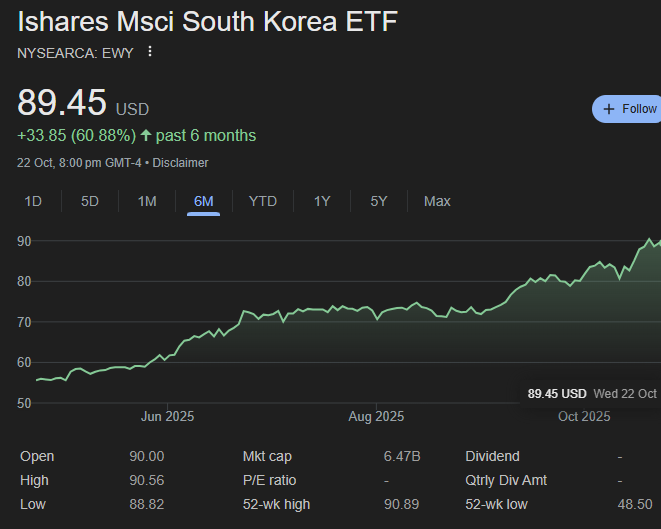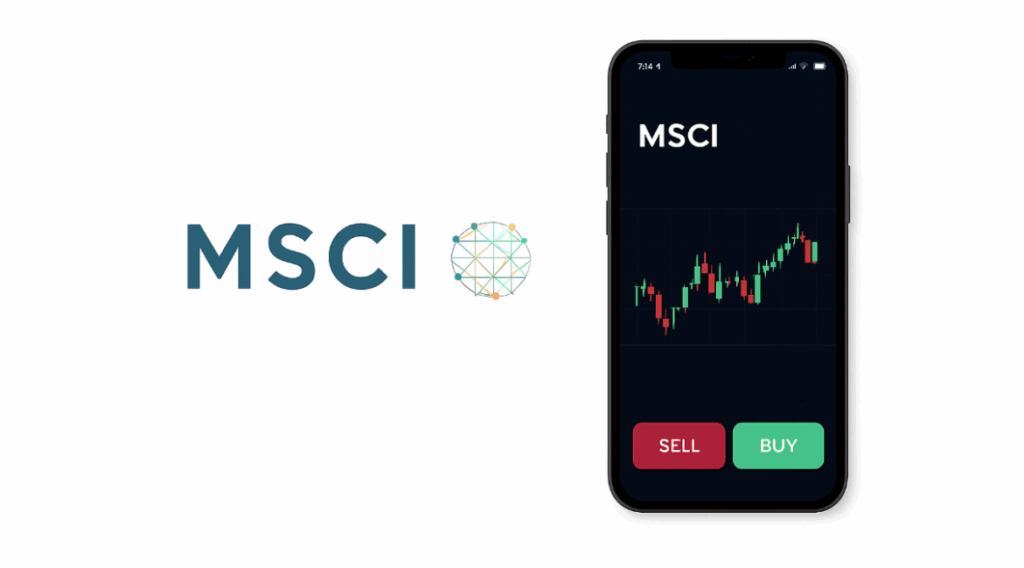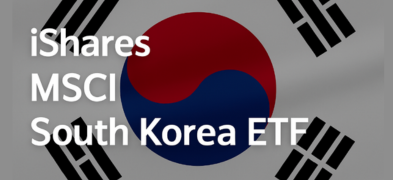Important Information
This website is managed by Ultima Markets’ international entities, and it’s important to emphasise that they are not subject to regulation by the FCA in the UK. Therefore, you must understand that you will not have the FCA’s protection when investing through this website – for example:
- You will not be guaranteed Negative Balance Protection
- You will not be protected by FCA’s leverage restrictions
- You will not have the right to settle disputes via the Financial Ombudsman Service (FOS)
- You will not be protected by Financial Services Compensation Scheme (FSCS)
- Any monies deposited will not be afforded the protection required under the FCA Client Assets Sourcebook. The level of protection for your funds will be determined by the regulations of the relevant local regulator.
Note: Ultima Markets is currently developing a dedicated website for UK clients and expects to onboard UK clients under FCA regulations in 2026.
If you would like to proceed and visit this website, you acknowledge and confirm the following:
- 1.The website is owned by Ultima Markets’ international entities and not by Ultima Markets UK Ltd, which is regulated by the FCA.
- 2.Ultima Markets Limited, or any of the Ultima Markets international entities, are neither based in the UK nor licensed by the FCA.
- 3.You are accessing the website at your own initiative and have not been solicited by Ultima Markets Limited in any way.
- 4.Investing through this website does not grant you the protections provided by the FCA.
- 5.Should you choose to invest through this website or with any of the international Ultima Markets entities, you will be subject to the rules and regulations of the relevant international regulatory authorities, not the FCA.
Ultima Markets wants to make it clear that we are duly licensed and authorised to offer the services and financial derivative products listed on our website. Individuals accessing this website and registering a trading account do so entirely of their own volition and without prior solicitation.
By confirming your decision to proceed with entering the website, you hereby affirm that this decision was solely initiated by you, and no solicitation has been made by any Ultima Markets entity.
I confirm my intention to proceed and enter this website Please direct me to the website operated by Ultima Markets , regulated by the FCA in the United KingdomIs EWY ETF a Good Long Term Investment
Yes, the EWY ETF is considered a good long-term investment due to its strong exposure to South Korea’s leading sectors, particularly technology, semiconductors, and consumer goods. With top holdings like Samsung Electronics and SK hynix, the ETF benefits from South Korea’s robust economic growth and technological advancements. The country’s solid infrastructure, government support for innovation, and diversification across high-growth industries make EWY ETF a promising option for long-term investors. While geopolitical risks and market volatility may affect short-term performance, the long-term outlook remains favorable, driven by global demand for South Korean tech and exports.
What is EWY ETF?
EWY ETF is an exchange-traded fund that tracks the performance of the MSCI Korea 25/50 Index, which represents a diverse range of South Korean companies. The ETF provides investors with exposure to large-cap stocks across key sectors such as technology, consumer goods, and financials. Its top holdings include major companies like Samsung Electronics and SK hynix, making it a popular choice for those looking to invest in South Korea’s leading industries, particularly in technology and semiconductor manufacturing. EWY ETF offers a cost-effective way to gain access to the South Korean equity market.
Top Holdings of EWY ETF (As of October 2025)
- Samsung Electronics (KRX: 005930) – 23.47%
- SK hynix (KRX: 000660) – 12.93%
- KB Financial Group (KRX: 105560) – 2.69%
- Hyundai Motor (KRX: 005380) – 2.26%
- NAVER (KRX: 035420) – 2.24%
These companies make up a significant portion of the ETF, providing exposure to some of South Korea’s leading sectors: technology, automotive, and finance.

Above is the chart of the iShares MSCI South Korea ETF (EWY) from October 22, 2025, the ETF is performing exceptionally well. The EWY ETF has experienced significant growth over the past six months, with a price increase of 60.88%. This strong performance is likely driven by the success of South Korean tech companies and the overall strength of the economy.
The P/E ratio of 10.60 indicates that the ETF is relatively undervalued compared to many other tech-focused ETFs, suggesting room for continued growth in the long term.
Market cap is $6.47 billion, which classifies the ETF as a medium-sized fund, providing a balance of liquidity and growth potential.
The ETF is currently near its 52-week high, indicating strong market sentiment towards South Korean stocks, particularly in the tech and semiconductor sectors.
EWY ETF is performing strongly, making it an attractive option for long-term investors, especially those looking to gain exposure to South Korea’s growing tech industry.

Why EWY ETF is a Strong Long-Term Investment
Strong Economic Fundamentals in South Korea
South Korea is the world’s 10th largest economy, driven by robust exports, especially in technology, automotive, and consumer goods sectors. The EWY ETF gives investors exposure to these growth sectors, which are expected to perform well in the long run.
Technology Sector Dominance
South Korean companies, particularly Samsung Electronics and SK hynix, lead the semiconductor and consumer electronics industries. These companies are integral to the global tech supply chain, and their continuous innovation makes the EWY ETF a great choice for long-term growth.
Government Support for Innovation
South Korea has a proactive government that supports industries through research and development (R&D) initiatives, business-friendly policies, and infrastructure investments. This environment fosters growth for companies in the EWY ETF, particularly in the technology and automotive sectors.
Diversification Across Multiple Sectors
While technology dominates, the ETF also provides diversification into other sectors such as financials, consumer discretionary, and industrials, reducing risk and broadening its potential for steady returns.
EWY ETF Forecast: What’s Next for South Korean Stocks?
The EWY ETF is expected to experience varying performance in the coming years. For 2025, analysts predict the ETF will reach an average price of $58.87, with potential highs around $74.01 and lows of $43.72, reflecting short-term market fluctuations.
Moving into 2026, the price target is set at $86.53, as South Korea’s technology and automotive sectors continue to expand. Looking further ahead to 2030, long-term projections suggest the ETF could see an average price of $62.13, driven by sustained demand for South Korean exports and continued technological innovations, positioning the ETF for steady growth in the years to come.
Key Forecast Trends for EWY ETF:
Tech Growth
The EWY ETF’s largest holdings in Samsung Electronics and SK hynix are likely to benefit from global trends such as the increasing demand for semiconductors and consumer electronics. As these companies expand their presence in emerging tech sectors like 5G and electric vehicles (EVs), the EWY ETF stands to grow in value.
Geopolitical Stability
South Korea has long faced geopolitical risks due to tensions with North Korea. However, improving relations and stabilizing conditions in the region could lower these risks, making the ETF more attractive to global investors.
Economic Reforms
The South Korean government has introduced reforms aimed at improving corporate governance, increasing shareholder rights, and boosting the business climate. These changes are expected to attract more foreign investment, supporting long-term growth for the EWY ETF.
Benefits of Investing in EWY ETF
The EWY ETF offers an easy way to gain exposure to South Korea’s economy, which is one of the most advanced and resilient in the world. With its focus on high-growth sectors like technology, automotive, and consumer goods, the EWY ETF stands out as a diversified, growth-oriented fund.
- Broad Market Exposure: Gain access to a diversified range of South Korean companies, including global leaders like Samsung and SK hynix.
- High Growth Potential: As South Korea’s key industries continue to grow, the ETF stands to benefit from increasing demand in technology and exports.
- Stable Economic Environment: Despite geopolitical risks, South Korea’s strong economy and business environment make the EWY ETF a reliable investment for long-term growth.
Comparisons with Other ETFs
When comparing the EWY ETF to other ETFs that focus on emerging markets or specific regional investments, it’s important to consider factors like sector concentration, geographic exposure, and long-term growth potential.
EWY ETF vs. EEM (iShares MSCI Emerging Markets ETF)
While the EWY ETF focuses exclusively on South Korea, the EEM ETF provides broader exposure to emerging markets, including countries like China, India, and Brazil. The EWY ETF is more concentrated in high-growth sectors such as technology and semiconductors, making it more specialized in the South Korean market, while EEM provides diversified exposure to multiple economies and industries.
EWY ETF vs. VWO (Vanguard FTSE Emerging Markets ETF)
Similar to EEM, the VWO ETF offers diversified exposure to emerging markets but with a heavier emphasis on countries like China and India. The EWY ETF, on the other hand, is a more targeted play on South Korea’s economy, particularly benefiting from the performance of major South Korean companies like Samsung and SK hynix, which are not as prominent in VWO or EEM.
EWY ETF vs. KOSPI ETF (Korea Composite Stock Price Index ETF)
The KOSPI ETF tracks the South Korean stock market as a whole, providing broader exposure to the entire range of South Korean equities. In contrast, EWY ETF specifically targets large-cap companies that are part of the MSCI Korea 25/50 Index, which means EWY ETF offers more focused exposure to the country’s top-performing sectors like technology and consumer electronics.
In summary, the EWY ETF stands out for its concentrated focus on South Korea’s leading industries, particularly in technology and semiconductors, making it a great option for investors who want targeted exposure to the South Korean market. However, broader emerging market ETFs like EEM and VWO offer diversification across multiple countries and sectors, while KOSPI ETF offers a more comprehensive snapshot of the South Korean market as a whole.
Conclusion
In conclusion, the EWY ETF offers an excellent opportunity for share trading, providing targeted exposure to South Korea’s leading sectors, particularly technology and semiconductors. As one of the best ways to access South Korean stocks, the EWY ETF stands out for its potential in long-term investment, especially for those looking to diversify their portfolios with high-growth industries. The ETF’s exposure to global tech giants like Samsung Electronics and SK hynix makes it a compelling choice for investors focused on the long-term performance of South Korea’s robust economy.
For those involved in share trading, the EWY ETF offers diversification, liquidity, and access to top-performing South Korean companies, allowing traders to capitalize on South Korea’s economic growth. While it’s important to consider the ETF’s potential risks, such as geopolitical factors and market volatility, the long-term outlook remains positive due to South Korea’s innovation-driven sectors and strong government support.
Overall, the EWY ETF is a solid choice for those looking to invest in South Korea’s stock market over the long term, combining the benefits of share trading with the growth potential of one of Asia’s most dynamic economies.
Disclaimer: This content is provided for informational purposes only and does not constitute, and should not be construed as, financial, investment, or other professional advice. No statement or opinion contained here in should be considered a recommendation by Ultima Markets or the author regarding any specific investment product, strategy, or transaction. Readers are advised not to rely solely on this material when making investment decisions and should seek independent advice where appropriate.












